Unlocking the Mysteries of Early Marriage: Exploring Experienced Wazifah Practices
Marriage is often seen as a significant milestone in one’s life. Symbolizing commitment, companionship, and a shared journey toward the future. For many individuals, the desire to find a life partner and embark on this journey sooner rather than later is palpable. In various cultures and traditions, there exist beliefs and practices aimed at facilitating early marriage. Among these, the practice of Wazifah, derived from Islamic traditions, stands out as a deeply ingrained method believed to expedite the process of finding a suitable spouse.
Wazifah, rooted in faith and spirituality, involves the recitation of specific verses from the Quran or prayers prescribed by Islamic scholars. These prayers are often recited with sincerity, devotion, and a firm belief in their efficacy. While Wazifah encompasses a wide range of prayers addressing different aspects of life, there are particular prayers dedicated to facilitating early marriage.
One of the most renowned Wazifah practices for early marriage involves the recitation of Surah Al-Ikhlas, the 112th chapter of the Quran. This short yet powerful chapter is revered for its emphasis on the oneness of God and His attributes. Believers hold the conviction that reciting Surah Al-Ikhlas regularly, preferably after obligatory prayers, can invoke divine blessings and facilitate the timely arrival of a suitable life partner.
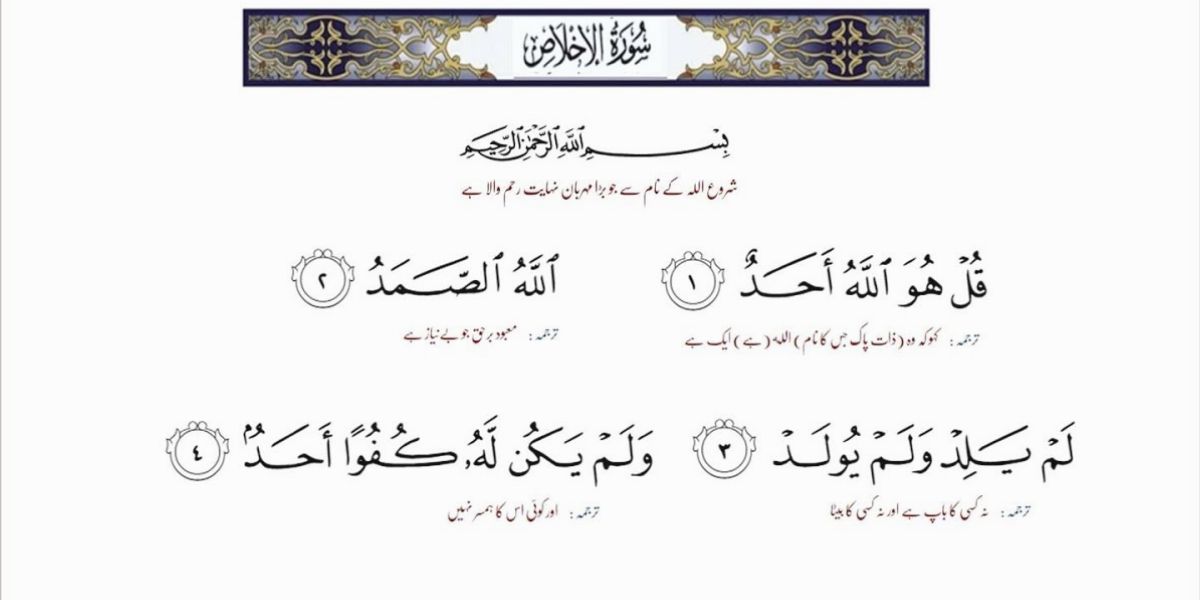
Furthermore, the practice of Istikhara, seeking guidance from Allah through prayer, plays a crucial role in the journey towards marriage. Istikhara is a deeply personal supplication where individuals seek clarity and divine intervention in matters of importance, including marriage. By performing Istikhara sincerely and with an open heart, individuals entrust their decisions to the wisdom and will of Allah, thus seeking His guidance in finding a compatible spouse at the right time.
Further Supplications to get Early Marriage:
رَبِّ إِنِّى لِمَآ أَنزَلْتَ إِلَىَّ مِنْ خَيْرٍۢ فَقِيرٌ
“My Lord! Truly, I am in need of whatever good that you bestow on me!”
أسْتَغْفِرُ اللهَ رَبي مِنْ كُلِ ذَنبٍ وَأتُوبُ إلَيهِ
I ask forgiveness of my sins from Allah, my Lord, and I turn towards Him.
لا حَوْلَ وَلا قُوَّةَ إِلا بِالله
There is no might nor power except with Allah.
وَلَسَوۡفَ يُعۡطِيكَ رَبُّكَ فَتَرۡضَىٰٓ
And your Lord is going to give you, and you will be satisfied.
Note:
Recite these supplications diligently after each prayer. Aim for a minimum repetition of 100 times.
Conclusion:
Additionally, seeking the intercession of righteous individuals, such as saints or scholars, is a prevalent practice in many Muslim communities. It is believed that the prayers and blessings of these revered figures can serve as a means of divine intervention. Hastening the process of finding a suitable partner for marriage. Thus, individuals often visit the graves of saints or seek the counsel of pious scholars, seeking their supplications and blessings in their quest for early marriage.
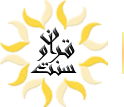
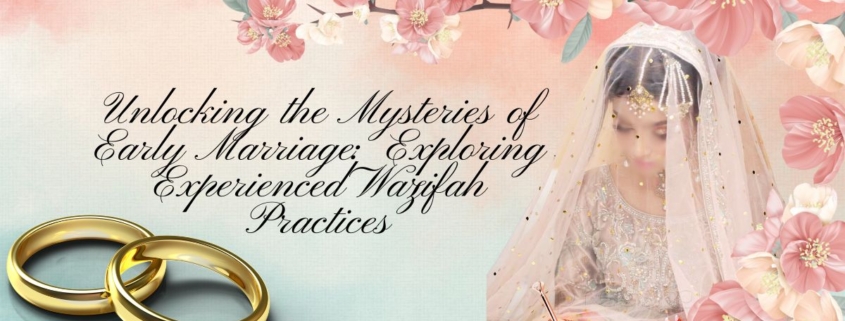
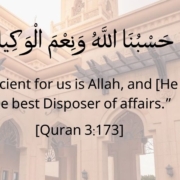


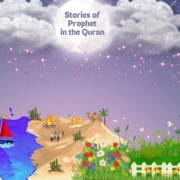
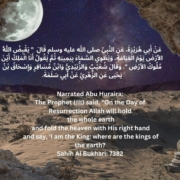
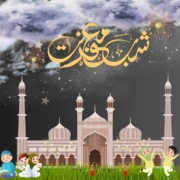
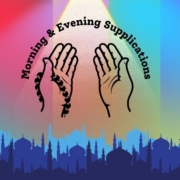
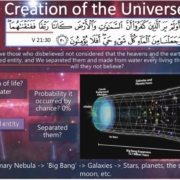


Leave a Reply
Want to join the discussion?Feel free to contribute!